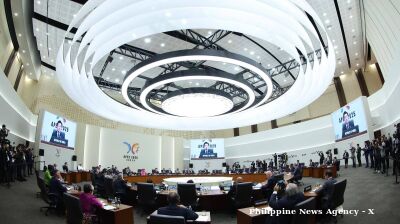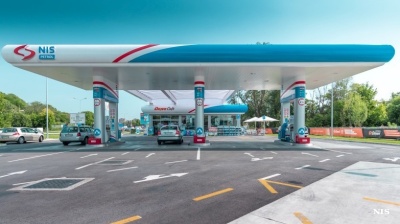Moldova’s ruling pro-EU Party of Action and Solidarity (PAS) achieved the best results among all parties in the local elections held on November 5, party leader Ion Chicu announced upon the release of preliminary results.
But the performance, skewed towards small rural localities rather than big urban ones, is totally atypical for a relatively new, modern party that supposedly relies on highly educated young voters.
The pattern can be explained by the migration of incumbent mayors with significant credibility to PAS before or on the occasion of the local elections, with the aim of getting central authorities’ support and financing — and not for their particular political commitment.
PAS campaigned on a pro-EU platform with the slogan ‘Team Europe’.
“We thank all the citizens who voted for Team Europe! … The citizens have chosen the European way! We have no other way! We are moving forward to European Moldova!” the party wrote on Facebook on November 6, urging Moldovans to turn out and vote in the second round of the elections on November 19.
However, Ion Ceban, a former Socialist with his own political vehicle suspected of being backed by Russia, won the mayoral seat in Chisinau in the first round with 50.6% of the votes. In the second-largest Moldovan city, Balti, the third candidate backed by fugitive oligarch Ilan Shor (after his first two candidates were eliminated) will fight in the second round against Renato Usatii, another politician far from Moldova’s core pro-EU electorate.
Out of the 898 mayoral seats, the PAS got 244, 27% of the total or 39% of the 265 seats that were already distributed in the first round. The party has candidates in another 135 localities and theoretically could get 44% of the mayoral seats nationwide.
Regarding the large municipalities — centres of Moldova's 32 counties — PAS won the mayoral seats in only three of the 21 seats already distributed in the first round.
In 19 of the 32 county councils, the PAS has the largest number of members — but this does not necessarily mean they will be able to form a majority. The PAS has no ally among other parties, while the opposition parties may well form alliances.
News

Chicken and chips in Seoul - for Nvidia, Samsung and Hyundai
In a low-key fried chicken shop in southern Seoul, the leaders of Nvidia, Samsung Electronics and Hyundai Motor held an informal meeting on the evening of October 30.

Presidents Lee and Xi begin diplomatic chapter at APEC summit
President Lee, who is chairing the first session of the summit at the Hwabaek International Convention Centre, stood at the entrance to personally welcome participants. President Xi reached the venue at approximately 10:02.

South Korea opens APEC summit focusing on connectivity and growth
South Korean President Lee Jae Myung chaired the opening session of the Asia Pacific Economic Cooperation (APEC) Leaders’ Meeting on the morning of October 31 in Gyeongju, North Gyeongsang Province.

Serbia’s NIS posts 9-month net loss as US sanctions weigh on performance
NIS, majority-owned by Russia’s Gazprom Group, said it had operated in “extremely complex circumstances” after sanctions were announced by the US Treasury Department.




